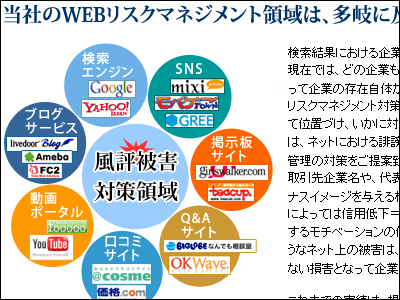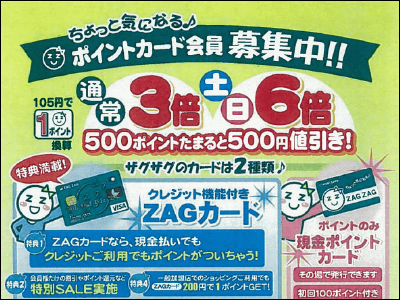The Consumer Affairs Agency finally announced the problems of 'item charge' and 'double price'

ByTaniavolobueva
Actually it is said that "play is totally free", but in reality it usually does not play if you do not pay money, "prevention of blotches / dullness" is said to have no effect, while singing "a special price cheaper than usual" In response to frequent occurrence of troubles such as lack of sales results at prices, the Consumer Affairs Agency made public the problems and points to be noticed focusing on examples that are assumed in transactions on the Internet.
(PDF file)On the publication of 'Problems and notes on prize marking law concerning display of advertisements related to Internet consumer transactions'
The concrete case that the Consumer Agency compiled on October 28 is as follows.
◆Freemium
It is a thing that appeals to provide the basic part of the service for free. "Games can be played totally freeAlthough there are complaints that it is actuallyPurchasing of items is mandatory to advance the gameThings that are "unlimited movie", but the time zone is limited, and monthly fee is required to watch movies freely at any time.
The figure below is a simplified version of Freemium's business model.
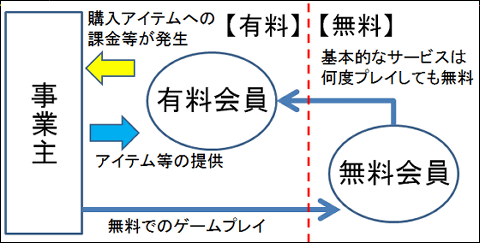
Recently,MobageYaGREESocial games such as social games are prevalent. It is not uncommon for elementary and junior high school students to play from the convenience of playing with mobile phones, and "play fee free". However, as pay items can be purchased with just one click, there are cases in which children purchase them without permission.An 11-year-old child purchased items for 1 million yenThe case has become news.
Regarding these services, I wonder how far they can actually be used for free,It is necessary to display concrete contents and range accurately and clearly.
◆ Website
"eating log"Ya"Price .com"The site which publishes so-called "word of mouth" information, such as. Sites that include blogs, travel sites, gourmet websites, etc. that can write information worthy of word of mouth are included. If the business operator requests himself, or a third party,When advertising by misrepresenting contents of goods and services, It is a problem on the scenery law.
The figure below simplifies the business model of the word-of-mouth website.
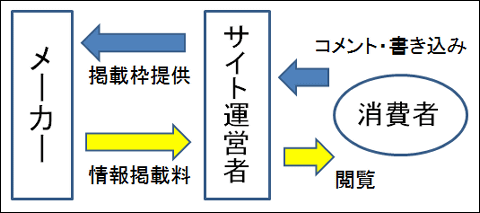
As an example, the shop owner or owner of a restaurant may not be using Ehonin Chicken actually on the page of his shop on "eating log" but "This shop is using Ehonna chicken". As expected it was very good taste, "it is not good to write.
◆ Flash marketing
A business model that sells coupons discounted for the price of goods and services, such as "Groupon", in fixed quantities for a limited time. It is common for both regular price and discount price to be displayed, but at such time,When there is no sales record at regular priceIt will cause problems.
It became a problem in January 2011New Year of "Bird Cafe"This is true of this case.

◆ Affiliate Program
An advertisement method that posts banner advertisements etc. of goods and services on the site and pays compensation when it is purchased through advertisement.
As with flash marketing, this is also a problem if you do not have a sales record at regular price when displaying normal price and discount price. Also, while displaying on the advertisement expression such as "Easy diet!", Actually dietWhen there is no sufficient ground for the effectIt will cause problems.
◆ Drop shipping
While selling products through sites on the Internet, the publisher does not have the actual inventory of goods, and the manufacturers and wholesalers sell products directly to the purchasers.
A simplified diagram of drop shipping business model.
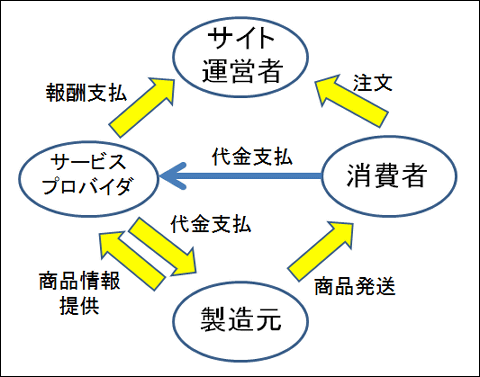
The publisher who performs the drop shipping will be responsible for the premium labeling law as a business operator. Like flash marketing, affiliate, expressions that exaggerate the actual effect that misleads consumers are problems. Also, when double-labeling regular price and discount price, there is no sales performance at regular price.
◆ I asked the Consumer Affairs Agency because it was hard to understand
In the case of word-of-mouth web site, flash marketing, affiliate, drop shipping, the supplier of goods and services and the operator of the site are different. In such cases, it was difficult to understand who is responsible for the scenic table law, so I called and asked the Consumer Affairs Agency.
GIGAZINE (hereinafter, G):
For example, if an affiliate advertisement that is said to be "problematic" in this guideline is posted on your blog without your knowledge, who is responsible for the premium labeling law?
Mr. Takahashi (Consumer Agency Indication Department) (Takahashi)
The advertiser will bear it. Of course, depending on the case, even in the case of a website site or flash marketing, basically it is said that there is a responsibility for the supplier of goods and services. In a general case, publishers are not held liable if a problematic advertisement is posted on their blogs without notice.
G:
What about drop shipping?
Takahashi:
If the publisher (drop shipper) expresses exaggeratedly the effectiveness or contents of the product by itself, the responsibility of the publisher will be questioned. As described in this guideline, "Dropshipper (including individuals) falls under the business operator specified in the premium labeling law", so the publisher will bear the responsibility as a business owner for drop shipping .
G:
When consumers report "problem cases" as indicated in this guideline, how do you deal with the Consumer Affairs Agency?
Takahashi:
The Consumer Affairs Agency has set up the "Display Control Section" as a department corresponding to this case. If you contact us, we will investigate whether there is a problem with the case actually, and if it is said that there is a case, we will take actual measures such as warnings.
G:
Thank you very much.
Related Posts:
in Note, Posted by darkhorse_log



